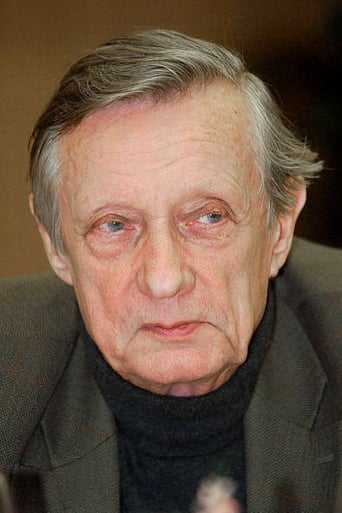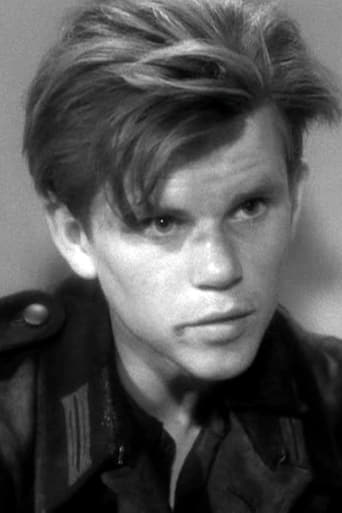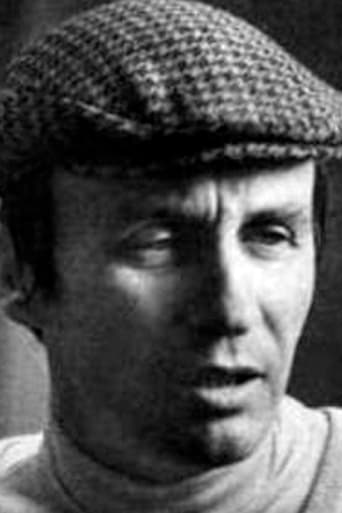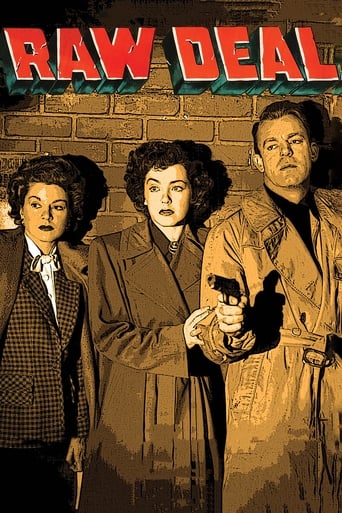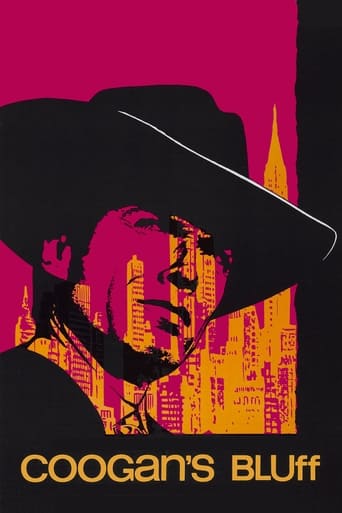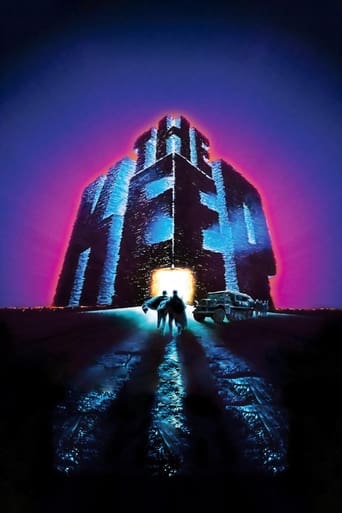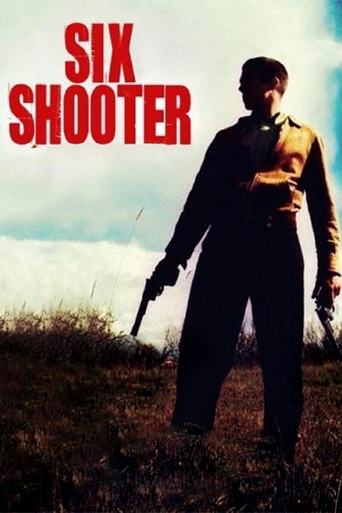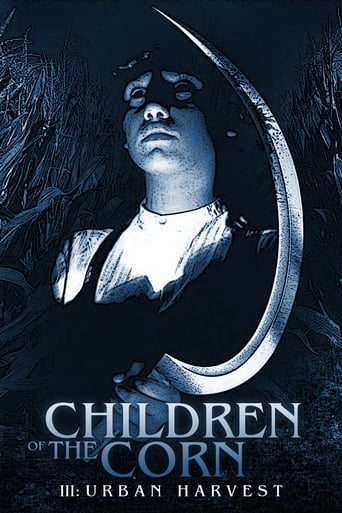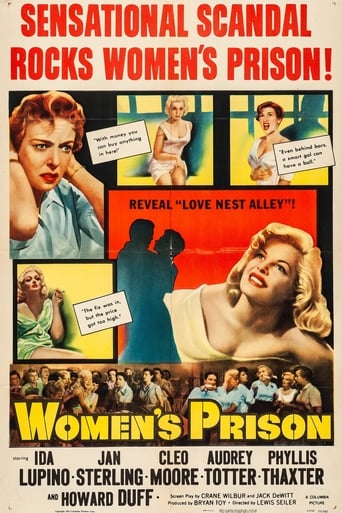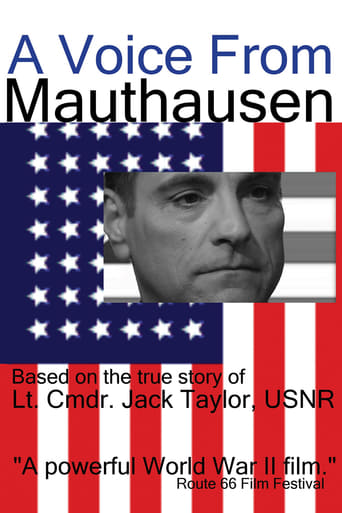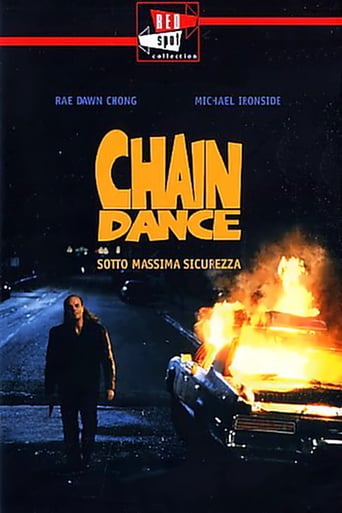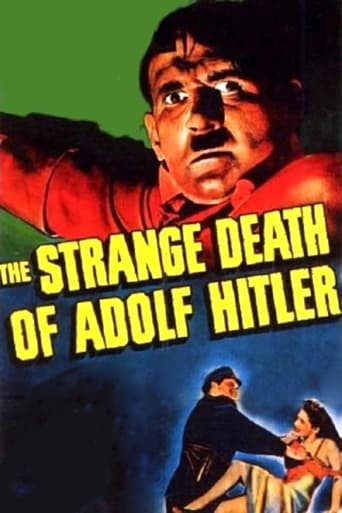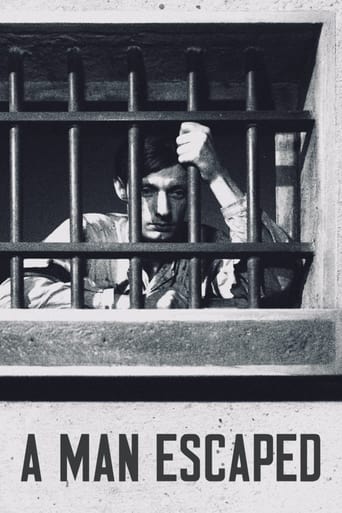
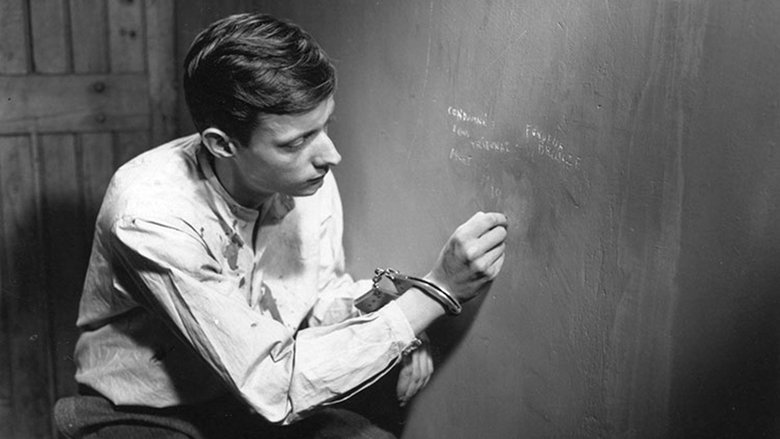
A Man Escaped (1957)
A captured French Resistance fighter during World War II engineers a daunting escape from prison.
Watch Trailer
Cast


Similar titles
Reviews
Director Robert Bresson's 'A Man Escaped' is the real-life story of André Devigny, a member of the French Resistance sent to Montluc prison by the Nazis, and is true to history. The style is stark and minimalistic, and while that doesn't necessarily make it dated, I suspect it had much larger impact in 1956, just a decade after the war, than it does today (artistically and emotionally). There are moments of real tension, starting with when the protagonist gets another prisoner assigned to his cell and wonders how to proceed with his escape plans, one option being to kill him. There are unfortunately also moments of tedium. Bresson is honest to the experience of imprisonment, but that doesn't make for riveting viewing. The Nazi guards seem remarkably absent - we see them at times administering punishment briefly, or bringing food, but they are in the background, and if the film wasn't based on a true story, you might think it unrealistically so. That may be part of the point, that there is an interior battle here, to never surrender hoping, to not give in, and to be brave, but when it's combined with under-stated emotion from the actors, I think it takes away from the realism that Bresson was striving for. I wish the ending could have been expanded upon as well. A solid film, but not one I'd want to watch again, or recommend without reservations.
We think of the prison-break movie in terms of films like Stalag 17 (Billy Wilder, 1953), The Great Escape (John Sturges, 1963), Escape From Alcatraz (Don Siegel, 1979), and The Shawshank Redemption (Frank Darabont, 1994), with stars like William Holden, Steve McQueen, Clint Eastwood, Tim Robbins, and Morgan Freeman, with action leavened by comic relief and made more tense by grotesque and sadistic guards, and underscored by mood music. What Robert Bresson gives us is a film with no stars that concentrates largely on the face of the man planning his breakout and whose only music is the occasional underscoring with the "Kyrie" from Mozart's C-minor mass. And it works brilliantly -- far more so than those more famous and conventional movies. It's based on the memoirs of André Devigny, a member of the French Resistance who was imprisoned by the Nazis. In the film, Devigny is called Fontaine, and is played by François Leterrier, a then-unknown actor who later went on to become a film director himself. "I don't laugh," Fontaine says. No, he doesn't. In fact, throughout A Man Escaped, Leterrier's expression rarely changes. But we always know the determination, the doubt, the calculation, the suspicion that's going through his head, thanks to Leterrier's use of his eyes. But as Eisenstein taught us so long ago, montage is responsible for so much of what we feel and witness in movies, and we have to credit Raymond Lamy's editing as well as Léonce-Henri Burel's cinematography and of course Bresson's direction for making A Man Escaped one of the most powerful excursions into a man's soul ever put on film. The word "minimalism" was not so much in use when A Man Escaped was made as it is today, but if ever a film was minimalist in its sparing of conventional movie tricks like background music or flashy camera-work, it's this one. Bresson's restraint as a filmmaker serves to keep us in Fontaine's head, blotting out all but his grim determination to escape. One sequence that especially grabbed me on this viewing was Fontaine's murder of the prison guard. We don't see it. We barely even hear it. We are watching a blank wall when it happens. But we hold our breaths while it does.
A MAN ESCAPED is a great war drama about despair and unbearable circumstances from which a man tries to escape. The main protagonist is an activist of the resistance movement. He was arrested after one action. After the initial shock, the young man begins to plan an escape from prison, and he moves in a race against time because his enemies threaten him with liquidation.The story is honest and realistic in many segments. The plot is, if we ignore the mystical introduction, very simple. Scenery is confined to a very small space, which directly contributes to an increased sense of fear, despair and anxiety of the main character. Mr. Bresson made the film without specific decorations, classic turnaround and growing tensions. Simply, the focus is on the prisoner who tried to escape. The plot is realistic and spontaneous. One young man must choose between life and certain death. He was on his own in the inner monologue on the difficult road to knowledge. François Leterrier as Lieutenant Fontaine is calm and dedicated to the inner struggle. His performance is impressive. It's hard to believe that he is not a professional actor. His appearance is unreal and convincing. This is evident in his haggard and engrossed face, bloody shirt and torn stockings.This film is a reflection of a cruel experience. One man in a desperate, depressed and uncertain fight for his life, or perhaps some form of redemption.
"A Man Escaped" is a 1956 French film by Robert Bresson, starring Francois Leterrier and Charles Le Clianche. It's the story of a resistance member, Fontaine (Leterrier) who is imprisoned by the Nazis. He spends all of his time plotting a detailed escape, using items like a spoon, clothing, lantern hooks, whatever he can get his hands on that will help him in his quest. Still, even when Fontaine has it all worked out, he hesitates to go for it. Then he learns that he is to be executed. If that isn't bad enough, he gets a roommate, Jost (Le Clianche). Fontaine has to escape quickly now, but supposing his new cell mate is an informant? Should he take him along...or kill him? This may be the most nerve-wracking movie I've ever seen. It's absolutely agonizing. I kept saying out loud, go already! I was a wreck for this man. The film is done so painstakingly, with the character of Fontaine narrating.Leterrier, with his thin face and haunted look, essays the role of Fontaine perfectly. As his cell mate, Le Clianche is excellent, a young man whose motives can't initially be read.Very tense, very suspenseful, you'll find it hard to breathe or swallow. Highly recommended for a totally involving experience from one of the French post-war masters, Robert Bresson.


